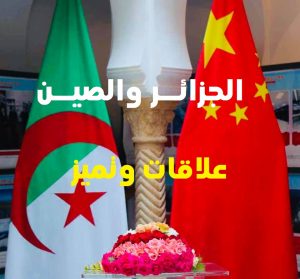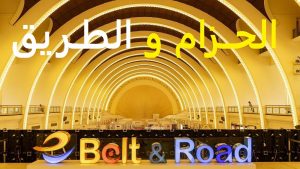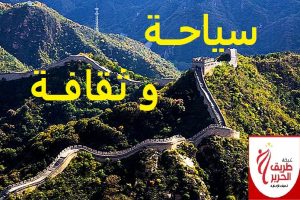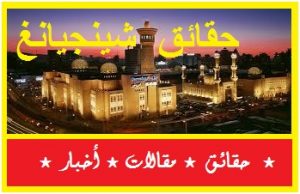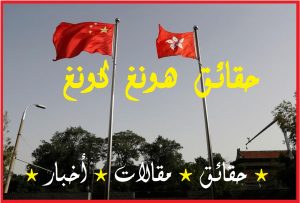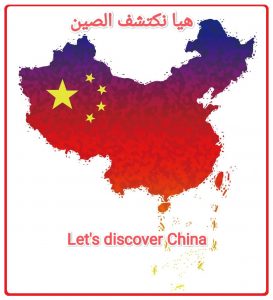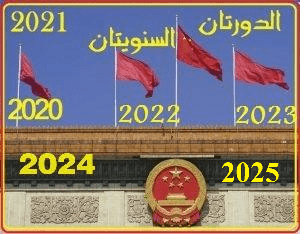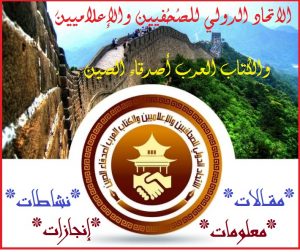Integrated Development of Culture and Technology within the Belt and Road Initiative: Algeria as a Model
منذ 3 أشهر في 22/نوفمبر/2025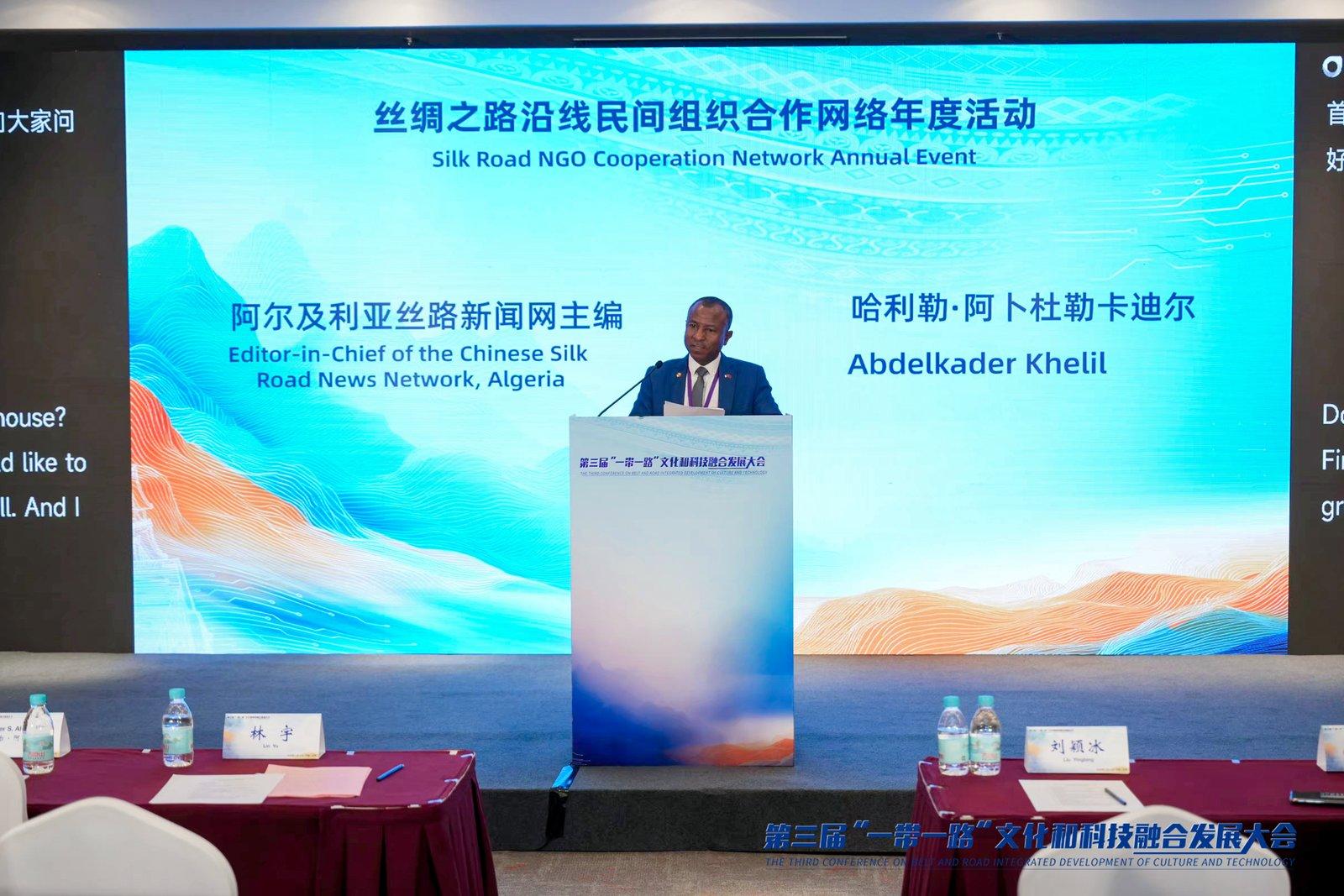
Chinese Silk Road News Network/CSRNN/
Integrated Development of Culture and Technology within the Belt and Road Initiative: Algeria as a Model
Despite the current global challenges, the Belt and Road Initiative (BRI) has entered a new phase that goes far beyond infrastructure and trade.
It is now expanding into deeper fields — culture, technology, and innovation — reflecting China’s vision of building a “Community with a Shared Future for Mankind.”
One emerging idea within this framework is the integrated development of culture and technology – a concept that seeks to combine human creativity with scientific progress to achieve sustainable and inclusive development.
Culture builds identity and mutual understanding, while technology helps protect, promote, and expand access to culture through innovation and digital transformation.
The BRI clearly embodies this approach through initiatives such as the Digital Silk Road and the Cultural Silk Road, which strengthen cooperation in digital connectivity, artificial intelligence, and cultural exchange across continents.
Algeria occupies a strategic position linking Africa, Europe, and the Mediterranean, making it a natural bridge within the Belt and Road network.
Over the past decade, Algerian–Chinese relations have deepened in energy, infrastructure, education, and communication.
Culturally, Algeria has become increasingly active in joint exhibitions, artistic exchanges, and intercultural dialogue programs that connect Arab and African perspectives with China’s cultural initiatives.
The Algerian experience provides several examples of how culture and technology can complement one another:
– Digitizing cultural heritage, including manuscripts and archaeological treasures.
– Developing creative industries such as digital cinema, visual arts, and new media.
– Scientific cooperation with China in telecommunications, satellites, and smart education.
– Academic and cultural exchange that builds bridges between universities and research institutions.
A symbolic step in this cooperation is the opening of the first Confucius Institute in Algeria, which reflects growing interest in cultural and linguistic exchange.
Both countries possess vast opportunities to strengthen their collaboration.
Among the most promising areas are:
– Establishing joint digital cultural centers that highlight shared heritage.
– Promoting youth innovation and entrepreneurship in creative technology.
– Expanding vocational training in digital and artistic fields.
– Enhancing cultural diplomacy through regular exchanges between artists, students, and young professionals.
Algeria’s experience under the Belt and Road Initiative demonstrates how culture and technology can become twin engines of development — driving national progress while fostering global understanding.
The future of cooperation will depend not only on physical infrastructure, but equally on intellectual and cultural infrastructure, which unites people and gives development its human meaning and shared purpose.
By: Abdelkader Khelil- Editor-in-chief of Chinese Silk Road News Network

